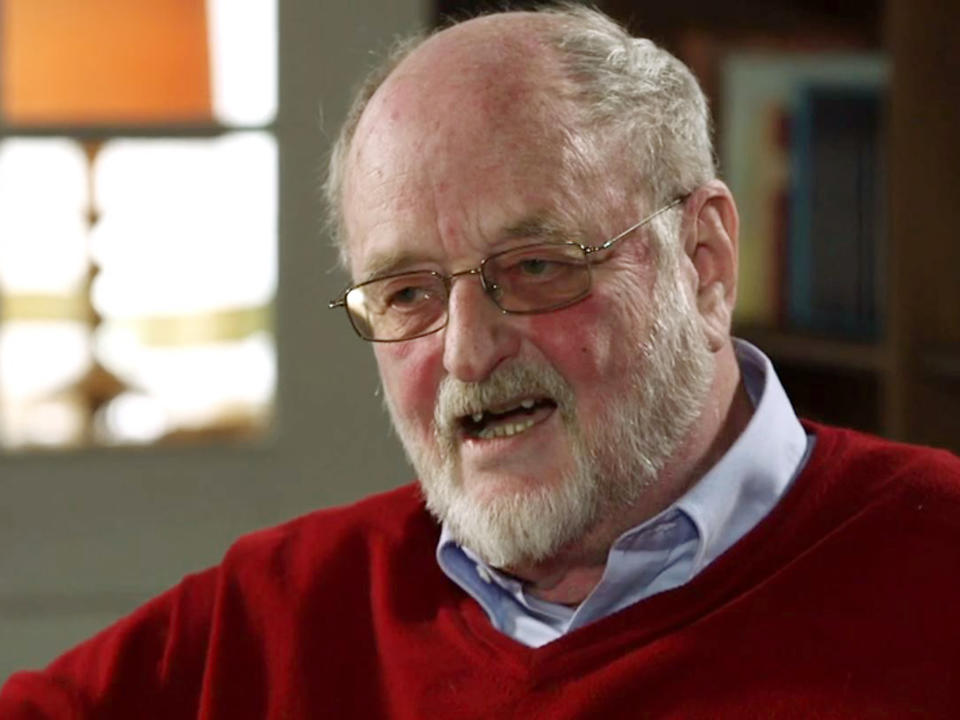Don't trust Germany to stay democratic if economy takes a downturn, warns Nazi governor's son

The son of a Nazi governor has spoken of his fears over the possible break-up of the European Union and warned that Germany could return to authoritarianism if its economy hit the skids.
Niklas Frank, whose father was Hans Frank, the governor of Nazi-occupied Poland during the Second World War, pointed to the recent hardening in attitudes toward refugees in Germany when he warned: “Don’t trust us”.
“As long as our economy is great and we make money, everything is very democratic, but if we have five to ten years of heavy economic problems, the swamp is a lake, and is a sea, and will swallow again, everything,” he said.
Mr Frank, who was just seven years old when his father was hanged for war crimes, said the European Union made him feel personally secure and had helped keep the peace following hundreds of years of war on the continent.
“I was very happy when the European community (developed)… suddenly we were watched, with countries all around Germany… it gave me a happy feeling.
“Now England is leaving, Poland is like a dictatorship, Hungary, Czechoslovakia, Italy, Austria… Who is the strongest left? The Germans.”
Writer and journalist Mr Frank now tours Germany giving talks about the lasting legacy of the Nazi era and the role his father played in history.
Mr Frank made his comments in an interview with the BBC, saying he “despises” his father, who he describes as a “coward” for the atrocities he committed as governor-general of Poland from 1939 to 1945.
He was directly appointed by Hitler and was involved in the murder of millions of people. He was convicted of war crimes and crimes against humanity at the Nuremberg trials and executed in 1946.
Mr Frank, who now lives in rural northern Germany, spoke of his patriotism when he said: “I still love Germany. I love being world champion in football for instance. Really, I am a nationalist.”
He said he thought it was “a good thing” when German Chancellor Angela Merkel controversially opened the country’s borders to more than a million refugees in 2015.
But he said: “As you can see with Merkel and the refugees, everything changed because the silent majority… as if it were Jews again…(said) ‘Ah, this swamp is coming.’”
He said because of his background, he has always been interested in what turns a society into a dictatorship.
And he explained he had “a growing wish” to talk about this because of what he called “the silence in Germany, the families of my friends, everybody was silent and they didn’t talk about the past…
“I always wanted to know how a society behaves if it changes to a dictatorship, and always [had] a feeling that Germany is still prepared to do this.
“And I found out that still there’s something in the German people which makes me fear them.”
The EU was awarded the Nobel Peace Prize in 2012 for its contribution towards world peace – but the German Minister for the Economy, Sigmar Gabriel, said in an interview earlier this year is was “no longer inconceivable” the block would not break up following the imminent departure of the UK.

 Yahoo News
Yahoo News 